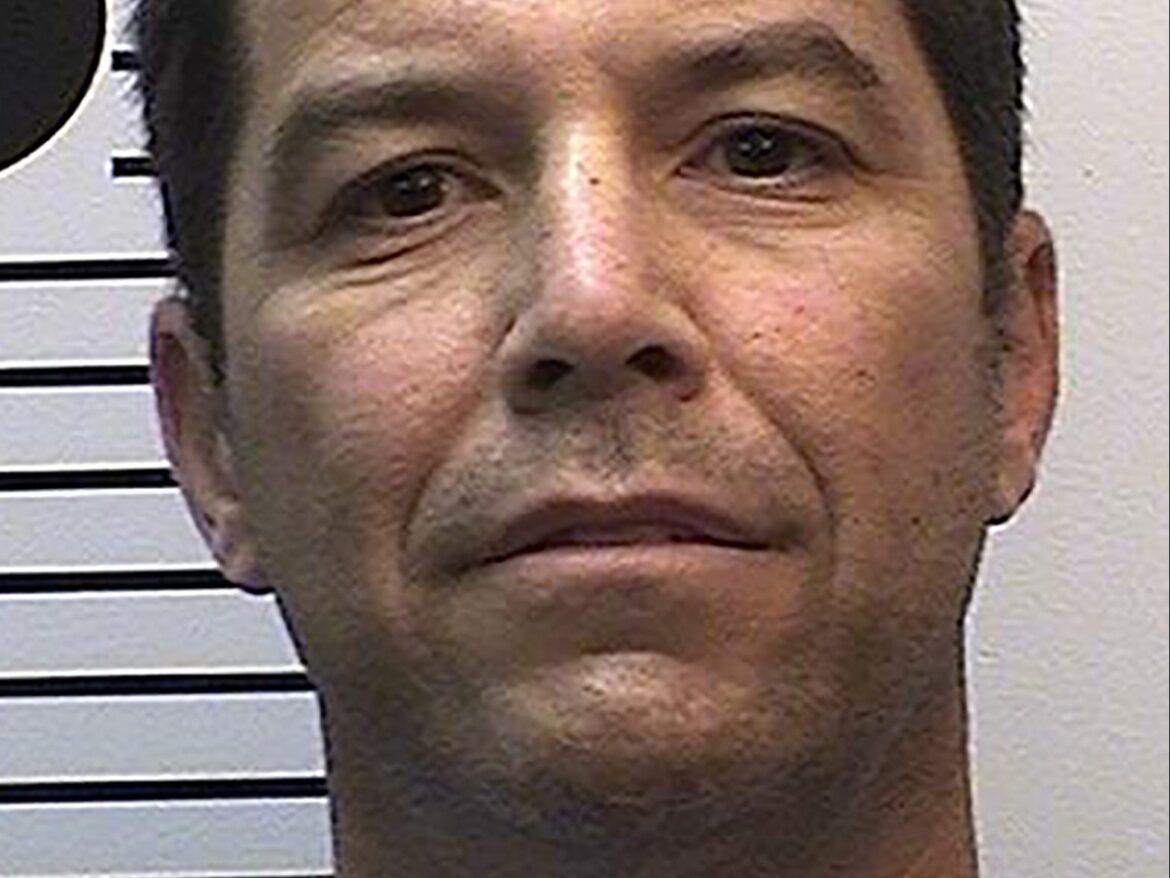Table of Contents
Newly surfaced evidence and witness statements have sparked renewed scrutiny of Scott Peterson’s 2004 conviction for the murders of his wife, Laci, and their unborn son, Conner. The Los Angeles Innocence Project has filed a petition with the California Court of Appeals seeking a new trial, citing new findings that challenge the original timeline, eyewitness accounts, forensic evidence, and investigative procedures. These developments cast doubt on the validity of Peterson’s conviction nearly two decades after the high-profile case first drew national attention.
Details of the Newly Discovered Evidence
The Los Angeles Innocence Project, a nonprofit organization dedicated to exonerating wrongfully convicted individuals, has highlighted several key pieces of new evidence that could significantly alter the narrative of the case. Among these are previously undisclosed eyewitness statements that contradict earlier testimonies presented during the trial. Additionally, new forensic analysis employing advanced techniques unavailable during the original investigation suggests the timeline of events may have been inaccurately established.
Challenges to the Original Timeline and Investigative Procedures
The petition filed emphasizes discrepancies in the timeline that was pivotal to the prosecution’s case against Scott Peterson. New witness accounts suggest that Laci Peterson’s disappearance and subsequent death may have occurred outside the window previously identified by investigators. Furthermore, questions have been raised regarding the handling of critical forensic evidence, with allegations that certain procedures did not meet current standards for accuracy or reliability.
Expert Opinions and Forensic Reevaluation
Independent forensic experts brought in by the Innocence Project have reevaluated key physical evidence, including DNA samples and material recovered from the site where the victims’ bodies were found. Their findings indicate potential contamination or misinterpretation of evidence initially used to link Peterson to the crime. These experts argue that such issues could undermine the strength of the prosecution’s case and warrant a reexamination of the verdict.
Legal Implications and Next Steps
The petition’s submission to the California Court of Appeals initiates a legal review process that may result in the granting of a new trial for Peterson. If the court finds the new evidence substantial enough to potentially affect the outcome of the original trial, it could overturn the 2004 conviction. The Innocence Project has called upon the judicial system to carefully consider these developments in the interest of justice.
Background on the Case
Scott Peterson was convicted in 2004 for the murders of his wife, Laci Peterson, and their unborn son, Conner, whose disappearances generated widespread media attention. The case hinged on circumstantial evidence, notably the whereabouts of Peterson and recovered remains found in the San Francisco Bay. Despite maintaining his innocence, Peterson has served nearly two decades in prison, with this latest motion representing a significant challenge to the original verdict.
Broader Impact and Public Response
The renewed scrutiny has reignited public and legal interest in the case, prompting discussions about the reliability of evidence and protocols in high-profile criminal trials. Advocates for criminal justice reform have used the Peterson case to underscore the importance of thorough and unbiased investigations. The California Court of Appeals has not yet announced a timeline for its review, but the case remains under close observation by legal experts and the public alike.
In summary, the emergence of new evidence and expert analyses has introduced significant questions regarding the integrity of Scott Peterson’s 2004 conviction. The challenges to the original timeline, forensic findings, and investigative procedures underscore the potential for a reassessment of the case through the legal system. As the California Court of Appeals undertakes its review, the outcome may have far-reaching implications not only for Peterson but also for legal standards in similar cases. This development highlights ongoing concerns about the accuracy and fairness of criminal convictions, reinforcing the need for vigilant scrutiny to ensure justice is served.

